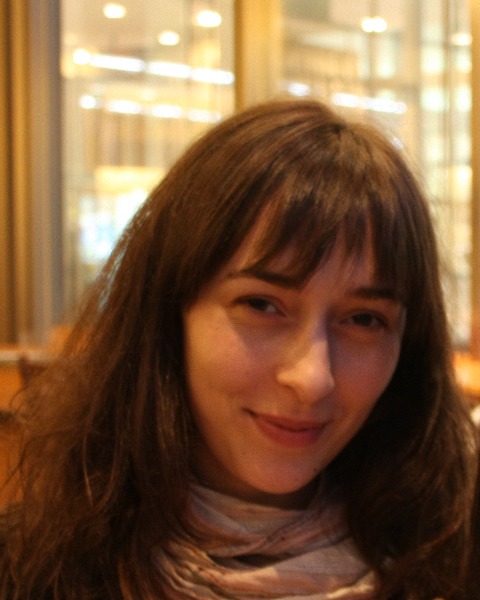Individual Paper
5. Transmitting Knowledges: Institutions, Objects and Practices
A Quest for Skills? Migration Patterns of South Korean Manga Artists In Japan
This paper explores the transformation of migration patterns from South Korea to Japan and their entanglement with cultural industries. It draws on ethnographic data collected between 2018 and 2022 in Kansai among Korean students majoring in manga, animation and video games. Their migration patterns greatly differ from previous waves of Korean migration to Japan (zainichi) described by Sonia Ryang. Their preference for Japan is based on positive representations, such as an ideal of creativity and freedom; an easy-to-learn language; a close location from home; advantages offered by the large Korean diaspora in Japan – especially in the Kansai and Kyushu areas. However, they also face experiences of racism, moral struggles with hiding or expressing Korean origins and strategies of adaptation when planning their own future. This paper analyzes interview excerpts in order to understand how Korean students invent new ways of building peer networks and participate in creating schools to meet the growing needs of cultural industries, instigating transnational projects and shifting the representations of Korean migrants and their manhwa, as Yamanaka Chie suggests. Contrary to a former hypothesis built during previous fieldwork in Seoul, interviewed Korean manga artists do not generally consider Japanese cultural industries as being more artistic, but they still turn to Japan hoping to achieve their long-term goals. While art seems to be merely one among many ways of increasing the value of their work, we will see how their sense of community with the readers plays a strong part in redefining work culture across borders.

Chloe Paberz
IFRAE (CNRS-Inalco-UPC), France

.png)